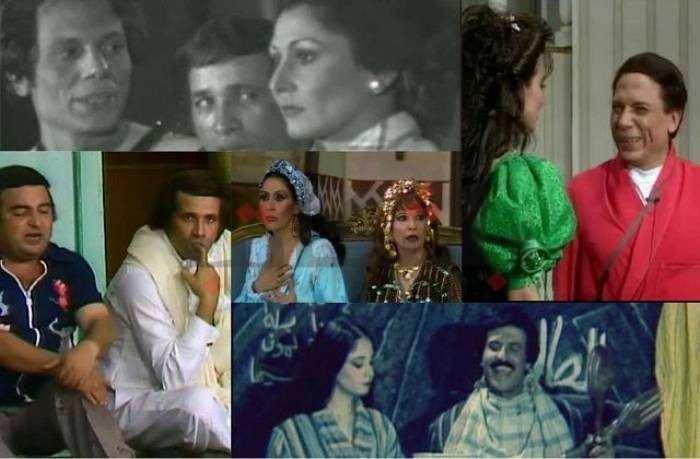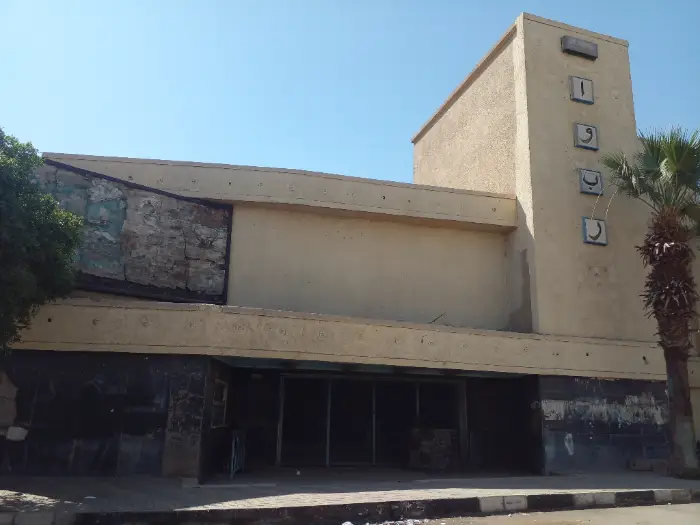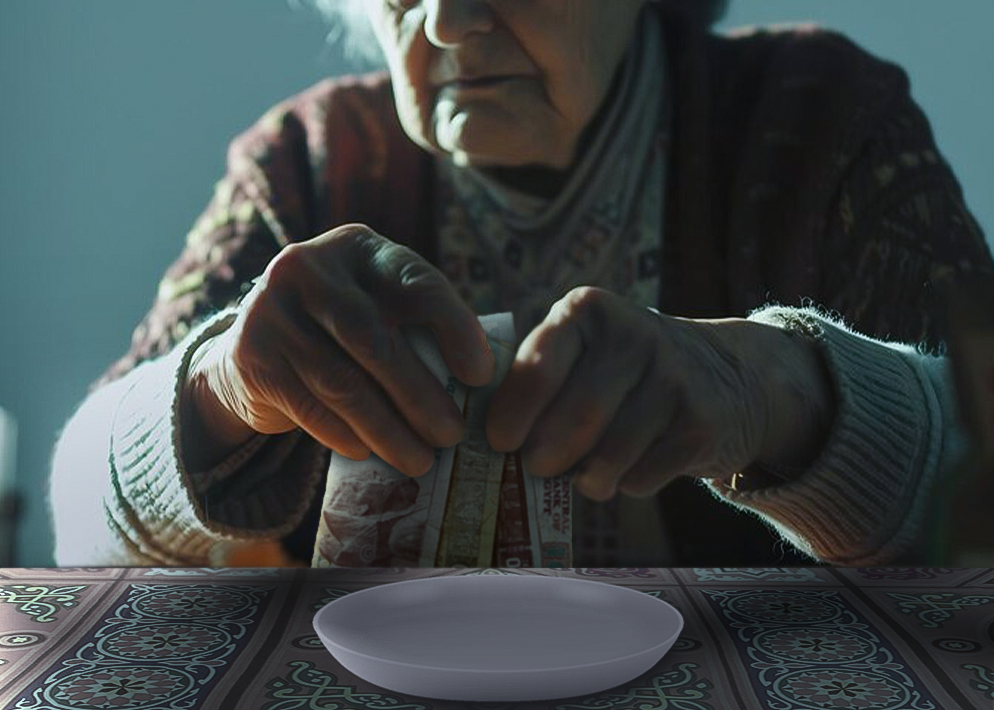The Feast is here – recently, we feel that there is something holding us back from fully enjoying the Feast, for reasons that differ from one person to another; we ask this question to people from Port Said to Aswan, in many reports included in this file; why is talking about the joys of the Feast differ according to many people around us? And at the same time, what are the alternatives we resort to in order to overcome these inconveniences, and keep our holiday memories alive, even if they are clouded by economic, social, or technological pressures?
If you have an account on any of the social media platforms, you’ll find that as the Feast approaches, there are some recurrent scenes that we see every year with a smile on our faces.
I’ll give you examples, the scene of baking Kahk (Feast cookies) and biscuits at home, the Feast Prayer, boys wearing Jellabiya and girls wearing dresses while going to prayers, the plates of Kahk and biscuits, and finally family gathering in front of TV watching one of the old plays such as Lock your Girls In, No Longer Kids, The Married Couples, Sayed the Servant, and others that maybe older than their spectators, these plays are the main guests running on the TV screens during the Feast days, to the extent that if you missed watching one on a channel, you can find it broadcasted on another.
In Sohag, we know almost nothing about theatre except from television.; there is no theatre houses here showing any of the public plays like Cairo, so we wait for any satellite channel to buy broadcasting rights so we can watch them, and lately private platforms with paid subscriptions started buying those rights.
Attending a play – or even a movie in cinema which is another distressing matter- is not the kind of outing that you would normally find among the citizens of Sohag, whether among young people or even families who may want to experience an “unconventional outing” during the Feast.
So, it was normal for us to watch these old recurrent plays on TV as a source of entertainment, although my brothers and I, and everyone enjoy them in a city that doesn’t offer many public areas where we can go to and hangout during the holiday.
Television is so special for me, as I don’t socialise a lot in family gatherings, I try to watch old plays that I like and feel the joys of the “Feast spirit”, sometimes my family would get attracted to what I’m watching and enjoy it with me, one eye on the TV and the other on their phones until their batteries run out.
Although there is a Roman theatre in my governorate, lately it was turned into a café after it was closed for a time, the only shows there are only Ramadan celebrations performed by Sohag Culture Palace, as there are some repairing works in the palace’s theatre, which although few plays were shown there, they were distinguished and my mother was keen for us to attend as she repeatedly said that we should get to know art and enjoy.
Although paid platforms attempt to attract viewers, let’s be real, amidst these economic crises, how many are able to pay monthly subscriptions to these applications. As if it is all about money, if you are financially capable, then you can watch new plays in colour, like The Leader, or The School of Mischief after showing it in colour, if not, then like every time, try to enjoy old plays, which I cannot deny that they are entertaining, but for how long will this go on?
Amidst my community, like family and friends for example, nearly none of them have a subscription in one of those platforms, and I don’t want to do it in order not to miss the fun of gathering around TV, as it seems that those subscribers enjoy the shows alone with their faces glued to their phones or laptops, so watching turns into an individual event stealing away the source of enjoying those old plays which is watching them together.
It is not only about me or my community, Menna Adel, a student in the Faculty of Commerce, feels exactly the same; she says that for her, watching plays is connected with the intimacy of family gatherings and fun days, that’s why they feel different from new plays that she feels they’re of lower quality than theatre in the past.
Ayah Abdulsalam, a student in the Faculty of Islamic Studies, also agrees on this, “sometimes I don’t like watching the same shows, but at the same time watching these plays make me laugh even if I already know what will happen and what they’re going to say”.
Whereas Israa Al-Sayed asks: “do we have an alternative?”, indicating that even if the new plays can compete with the old ones in the high-level artistic quality, we would not know anything about them as they would be shown in Cairo far away from us.
Sama Mohamed, a Student in the Faculty of Veterinary Medicine, clarifies that old plays are unique as they used to discuss issues close to our everyday lives, meaning they were “like us”, only at small costs, not like the flashy decorations and clothes of nowadays plays, which she sometimes watches if they were shown on television.
Samia Abdulhafiz, a housewife, talks about two points, first is that theatre does not receive the financial and moral attention cinema and TV drama get. The second point is that Egyptian TV doesn’t always record the plays shown in theatres in order to broadcast them on television, continuously renewing what is shown on the screens for the Egyptian viewers, this happens with only selected works.
Mahmoud Talahi connects between old plays and his childhood memories, saying that their enjoyment comes from the family gathering in front of the TV, especially while making sure that the play suits all ages.
It seems, no matter how old they are, that theatre has its loving fans here in Sohag, and if you really thought about it, you’ll wonder: what time is better than the Feast holiday for families or friends to gather and go and watch a play in the theatre? And, until the officials become aware of this and offer a solution, we will love old plays always and forever.



